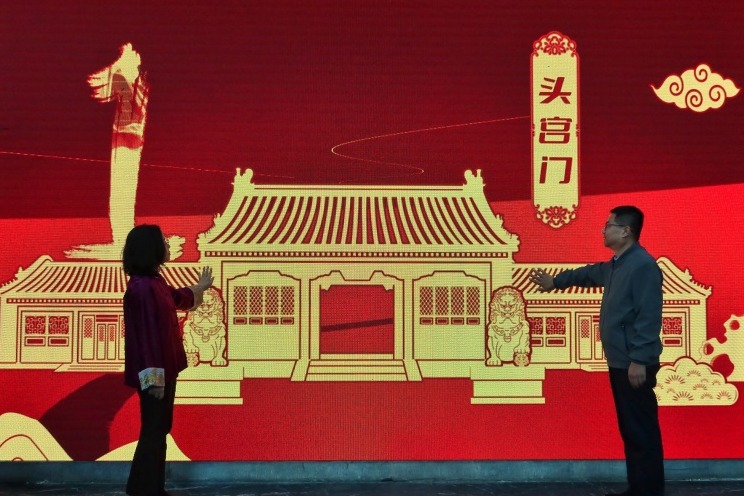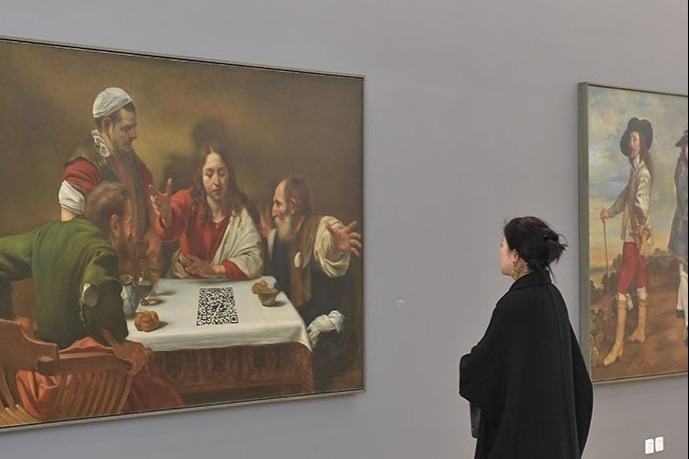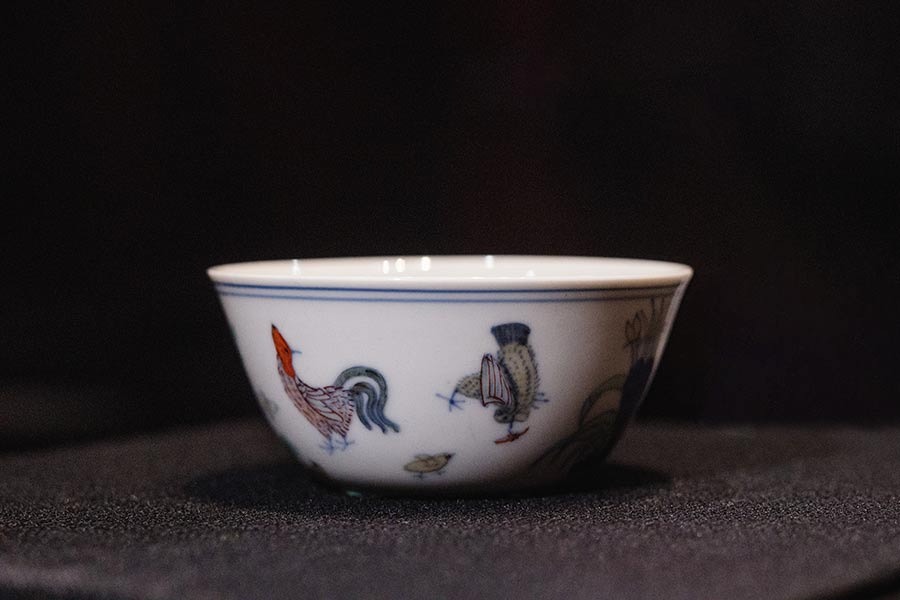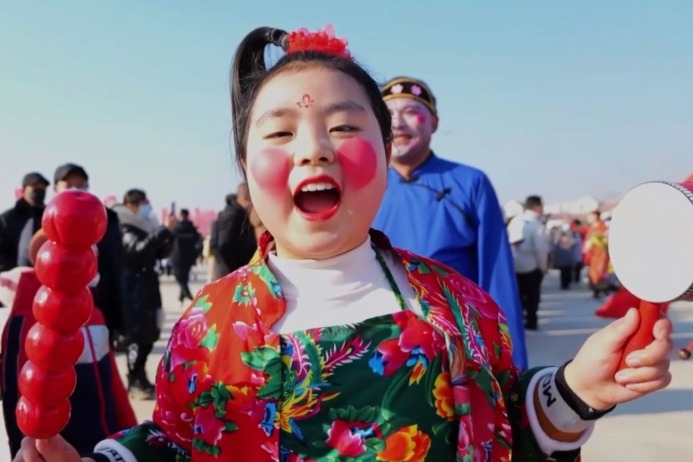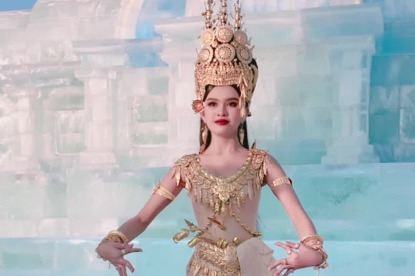Celebrating a Chinese veteran of the opera

About 40 years ago, Warren Mok watched his first opera - Italian composer Giacomo Puccini's masterpiece, La Boheme - while he was studying financial accounting at the University of Hawaii.
Mok, who was born in Beijing and moved with his family to Hong Kong at the age of 6, had only sung in a school choir before that.
However, attracted by the story about the young bohemians living in Paris, Mok instantly fell in love with opera and decided to learn music despite his parents' objections.
The idea turned out to be life-changing.
With a master's degree in music from the Manhattan School of Music, Mok stood out among 100 young tenors during an audition and made his debut in Europe in 1987 at the Deutsche Opera Berlin, where he worked from 1987 to 1994.
So far, he has worked with many international opera companies and played more than 60 lead roles in operatic productions, including in Giacomo Puccini's Turandot, in Georges Bizet's Carmen and in Giuseppe Verdi's Aida.
On Oct 6, the tenor will perform in Beijing's Forbidden City Concert Hall, with repertoires including opera arias, Oh Lovely Girl from La Boheme, And the Stars Are Shining from Tosca and Toreador's Song from Carmen.
After the Beijing concert, he will perform in Wuhan on Nov 9 and in Changsha on Nov 11.

He will also perform folk songs from China and abroad, including Torna a Surriento, a Neapolitan song composed by Italian musician Ernesto De Curtis in 1902 and Somewhere Afar written by Chinese musician Wang Luobin in 1940s.
He will perform a Cantonese song, Great Wall Forever from the popular TV drama, The Legendary Fok, based on the life story of Chinese martial arts master Huo Yuanjia.
Mok will be accompanied by pianist Chen Yu and young Chinese singers, such as soprano Wang Bingbing and tenor Su Dawei.
"It's been about 20 years since I performed with only a piano," says Mok, who usually sings with symphony orchestras.
The tenor says that showing off his singing technique is not his top priority now after more than three decades of performing at home and abroad. "With a simple instrument, I want to deliver the music purely with my voice. This is what I am aiming at this time," he says.
This year, the tenor has released his crossover album, titled Mr Mok, in which he performs 12 pop songs in an operatic singing style.
"Opera is often regarded as an art for the elites. With this album, I want to let people know that operatic singing is versatile," says Mok.
In 2011, Dai Yuqiang, Wei Song and Mok formed China's Three Tenors, which is the country's answer to the globally acclaimed trio comprising Luciano Pavarotti, Placido Domingo and Jose Carreras.
The three tenors made their debut in Beijing and have since toured more than 30 cities around the world, including New York, London and Cologne.
The London-based newspaper, The Guardian, says: "His technique is rock solid, with beautiful even timbre, and an engaging enthusiasm on stage; ringing top notes were attacked and held in rock-like Pavarotti vein."
Besides singing, Mok has played other roles since moving back to Hong Kong in 1995, such as being the artistic director of the Macau International Music Festival; the founder and artistic director of Opera Hong Kong and a guest professor of music schools such as the Shanghai Conservatory of Music.
In 2014, Mok was invited to be the artistic director of the Fujian Grand Theater and this year he made his directorial debut in opera with La Boheme, which was performed by Fujian Symphony Orchestra under the baton of Chinese conductor Zhang Guoyong. American tenor Jonathan Tetelman played the role of Rodolfo.
"The story of La Boheme is timeless and since the opera inspired me to become a tenor, I've always dreamt of making a version based on my own understanding," says Mok. "For the audience, the opera is a great start to learn about the art form."
"As a singer, my focus is to talk to the audience through my singing. As a producer, I look at everything. As a teacher, I want to inspire my students to find their own style of singing. Those are different kind of enjoyment and the core is music," he says.

(China Daily 10/04/2017 page5)



















